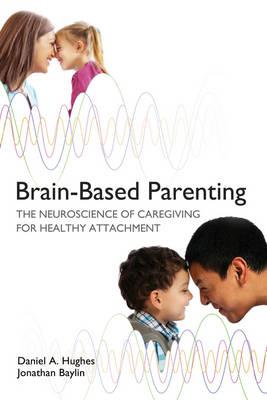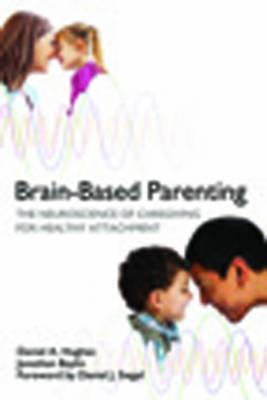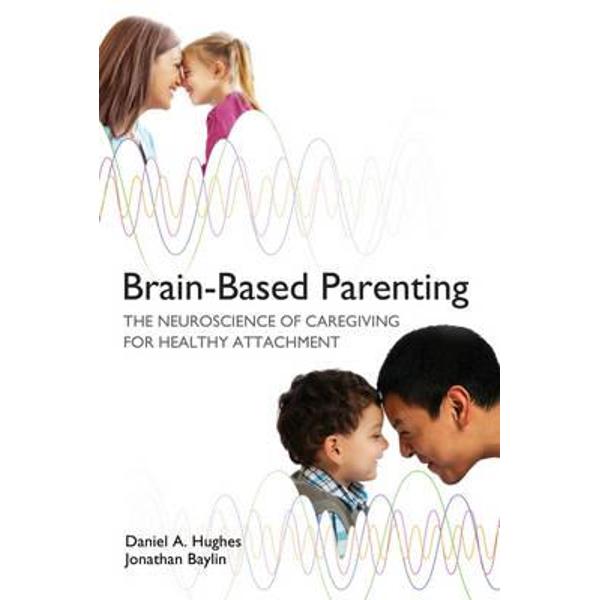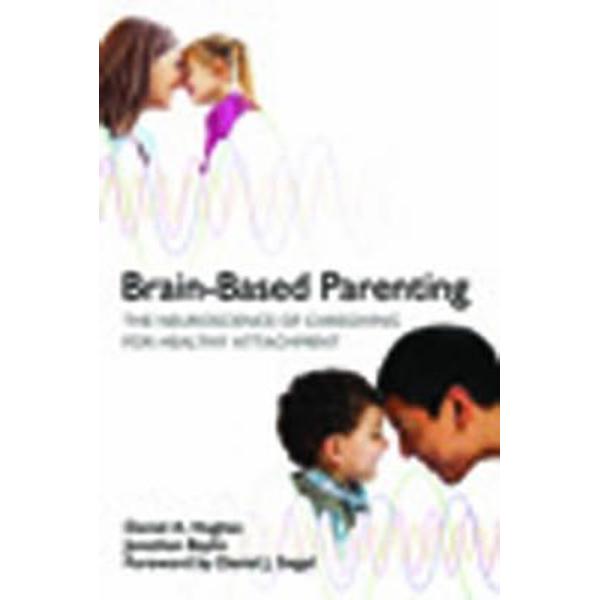Brain-Based Parenting
Brain-Based Parenting
To this end, Hughes and Baylin define five major "systems" of caregiving as they're linked to the brain, explaining how they operate when parenting is strong and what happens when good parenting is compromised or "blocked." With this awareness, we learn how to approach kids with renewed playfulness, acceptance, curiosity, and empathy, re-regulate our caregiving systems, foster deeper social engagement, and facilitate our children's development. Infused with clinical insight, illuminating case examples, and helpful illustrations, Brain-Based Parenting brings the science of caregiving to light for the first time. Far from just managing our children's behavior, we can develop our "parenting brains," and with a better understanding of the neurobiological roots of our feelings and our own attachment histories, we can transform a fraught parent-child relationship into an open, regulated, and loving one.
PRP: 230.30 Lei
Acesta este Prețul Recomandat de Producător. Prețul de vânzare al produsului este afișat mai jos.
207.27Lei
207.27Lei
230.30 LeiLivrare in 2-4 saptamani
Descrierea produsului
To this end, Hughes and Baylin define five major "systems" of caregiving as they're linked to the brain, explaining how they operate when parenting is strong and what happens when good parenting is compromised or "blocked." With this awareness, we learn how to approach kids with renewed playfulness, acceptance, curiosity, and empathy, re-regulate our caregiving systems, foster deeper social engagement, and facilitate our children's development. Infused with clinical insight, illuminating case examples, and helpful illustrations, Brain-Based Parenting brings the science of caregiving to light for the first time. Far from just managing our children's behavior, we can develop our "parenting brains," and with a better understanding of the neurobiological roots of our feelings and our own attachment histories, we can transform a fraught parent-child relationship into an open, regulated, and loving one.
Detaliile produsului














